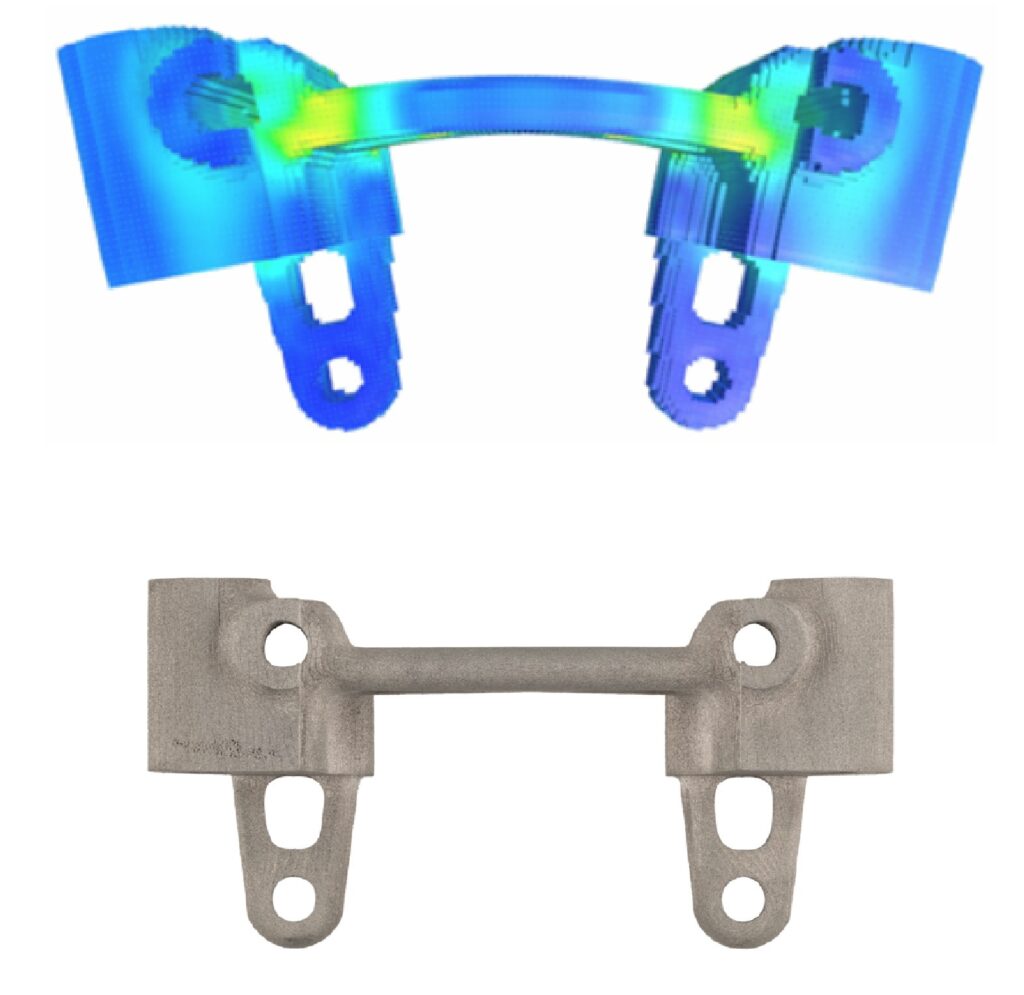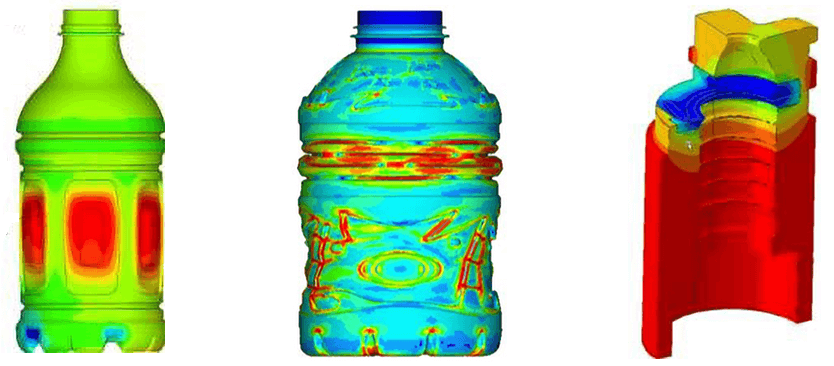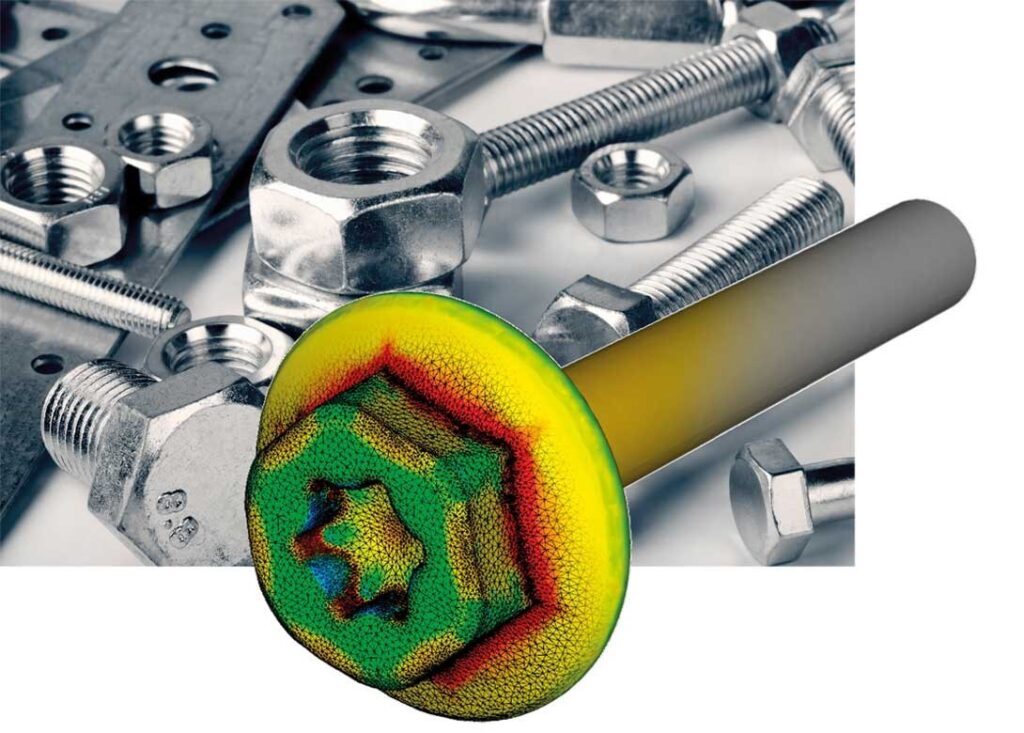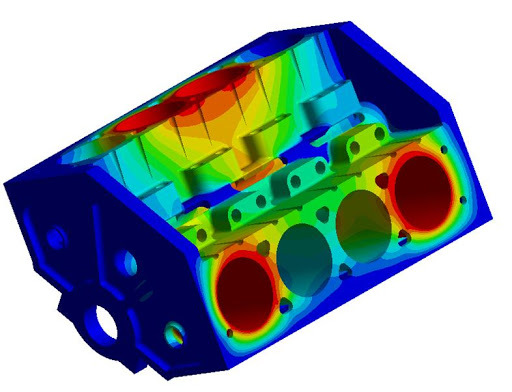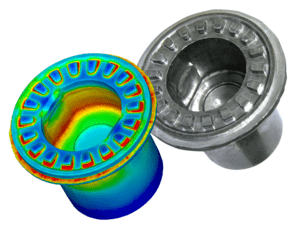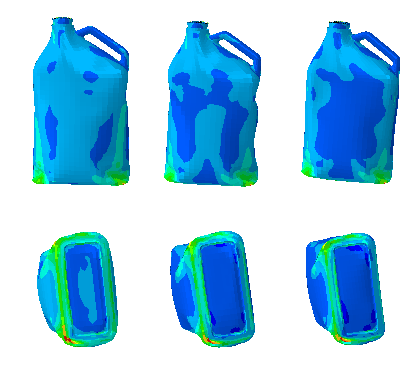
Modern Day Manufacturing
“To produce the most effective products in the most efficient manner”, is a key motto and an ultimate goal for many manufacturers. Without proven practices that drive efficiency, manufacturers are stranded when the complexity continues to rise, and time-to-market accelerates. On the contemporary path, technology transformation pushes past the conventional manufacturing process, in an innovative and prompt fashion. Innovation and creativity is crucial for engineers in manufacturing and engineering organizations, by driving the efforts to improve product performance at all levels while reducing costs. On the heels of increasing intricacy and personalization demands, implementing optimization strategies starts from the design phase of product development itself. Simulation-driven design is in the spotlight, as it addresses critical manufacturing bottlenecks by providing insight and exploration opportunities at the beginning stages of product design and development. By embedding simulation, there is a revolutionary change in manufacturing process leading to optimized products with better performance.
Simulation for Manufacturing Industry
The traditional approach depends on different groups and their specific expertise, who collaborate only after a certain prototyping level is completed. Simulation is now becoming the lingua franca for driving design decisions and move upstream in the manufacturing process with financial benefits. As the use of simulation as a tool for enhancing product performance increases, there are simultaneous efforts focused towards democratization of simulation, and boosting advanced simulation tactics using multi-disciplinary optimization (MDO), Artificial intelligence (AI), Machine Learning (ML), etc. With simulation progressing as an easier and more accessible tool for non-experts, it is now the choice of the manufacturing organization as insight provider for a better design and process.
Application of Simulation Practices in Manufacturing Process
In manufacturing, simulation technology significantly impacts many decisions like project complexities and challenges. Simulation technology is available to increase structural efficiencies by minimizing the weight of components and assemblies. They are applied in studies including interaction of Aerodynamics, Aero elasticity, Structures, Performance, Cost components on which the design depends. It helps improve the life of tooling, and reduces manufacturing defects. For manufacturers, it gives real-time inputs to reduce scrap during manufacturing by way of design suggestions like shape effects, structural performances, connection types, joint strength, and joining sequence. Also there are part level and assembly level assistance programs for manufacturing processes that are applicable based on product development requirements.
DEP MeshWorks for Manufacturing Application
At DEP, we believe stronger integration of simulation technology into the design environment, for earlier detection of design improvements in a cost effective way. We provide guided simulation workflows for repeatable CAE process applications that can improve efficiency and decrease the overall time needed for simulation-based design, as well as the need of a trained professional to operate it.
Additionally, our multidisciplinary approach based optimization techniques, increases the value of simulation-driven design activities with reliable results in every possible iteration of product design

With an integrated approach of product development, DEP MeshWorks aims to deliver a powerful simulation support that shortens the product development cycle time, considerably increasing efficiency. We have examples of having development reduced times from 30-70%. Our simulation support is systematically designed for better manufacturing results at far less cost.
To Know more about Product Development Services
Watch a video on Warpage correction and part distortion reduction in injection-molded designs
To Know about Auto Dies Face Correction For Warpage using MeshWorks
